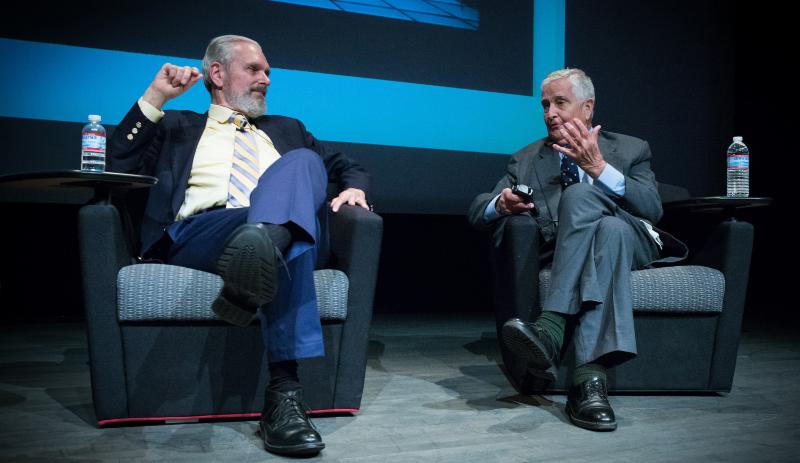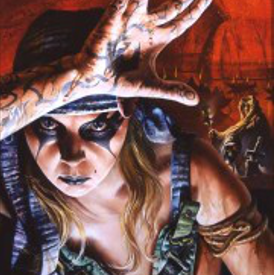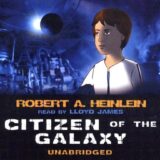|
|
|
2001: A Space Odyssey
50th Anniversary Panel
at San Diego Comic Con
|
July 19, 2018
12:30-1:30pm
San Diego Comic Con
San Diego Convention Center, Room 6A
Fifty years ago, the film “2001: A Space Odyssey,” directed by Stanley Kubrick, who co-wrote it with futurist Arthur C. Clarke, changed the world. The groundbreaking cinematic revolution offered a visionary view of the future and of humankind’s place in the cosmos. The film inspired numerous changes in science, technology and art-demonstrating the lasting impact of its ingenuity and artistry.
Integrating the sciences, arts, humanities, engineering and medicine to explore humankind’s intellectual and creative capacities, the Arthur C. Clarke Center for Human Imagination at UC San Diego, in partnership with Warner Bros. Home Entertainment, organized a panel of speakers to address the film’s half-century impact and how it continues to shape human innovation. The panelists will also draw attention to new 70 mm prints made from the film’s original negatives to be released in October 2018. The Comic-Con program takes place July 19, 2018, from 12:30 to 1:30 p.m., at the San Diego Convention Center, Room 6A and features the following discussants:
“2001: A Space Odyssey is one of the defining cultural icons of the 20th century, and we are honored not only to continue its spirit here at the Clarke Center, but to celebrate its 50th anniversary at San Diego Comic-Con,” said Brown.
The notable film inspired a generation of students to explore astrophysics, space sciences and engineering-popular STEM programs in UC San Diego’s Division of Physical Sciences and Jacobs School of Engineering. It also predicted devices nearly identical to the iPad. Perhaps most famously, it established a cultural legacy for the future of artificial intelligence (AI) in the form of the placid-voiced shipboard computer HAL 9000. Its influence on science-fiction storytelling in film, television, books and videogames has been similarly wide-reaching and profound. HBO’s “Westworld,” for example, continues to explore the potential consequences of AI robots in the footsteps of Kubrick and Clarke’s seminal film.
|
Please take a moment to support Amazing Stories with a one-time or recurring donation via Patreon. We rely on donations to keep the site going, and we need your financial support to continue quality coverage of the science fiction, fantasy, and horror genres as well as supply free stories weekly for your reading pleasure.
https://www.patreon.com/amazingstoriesmag












